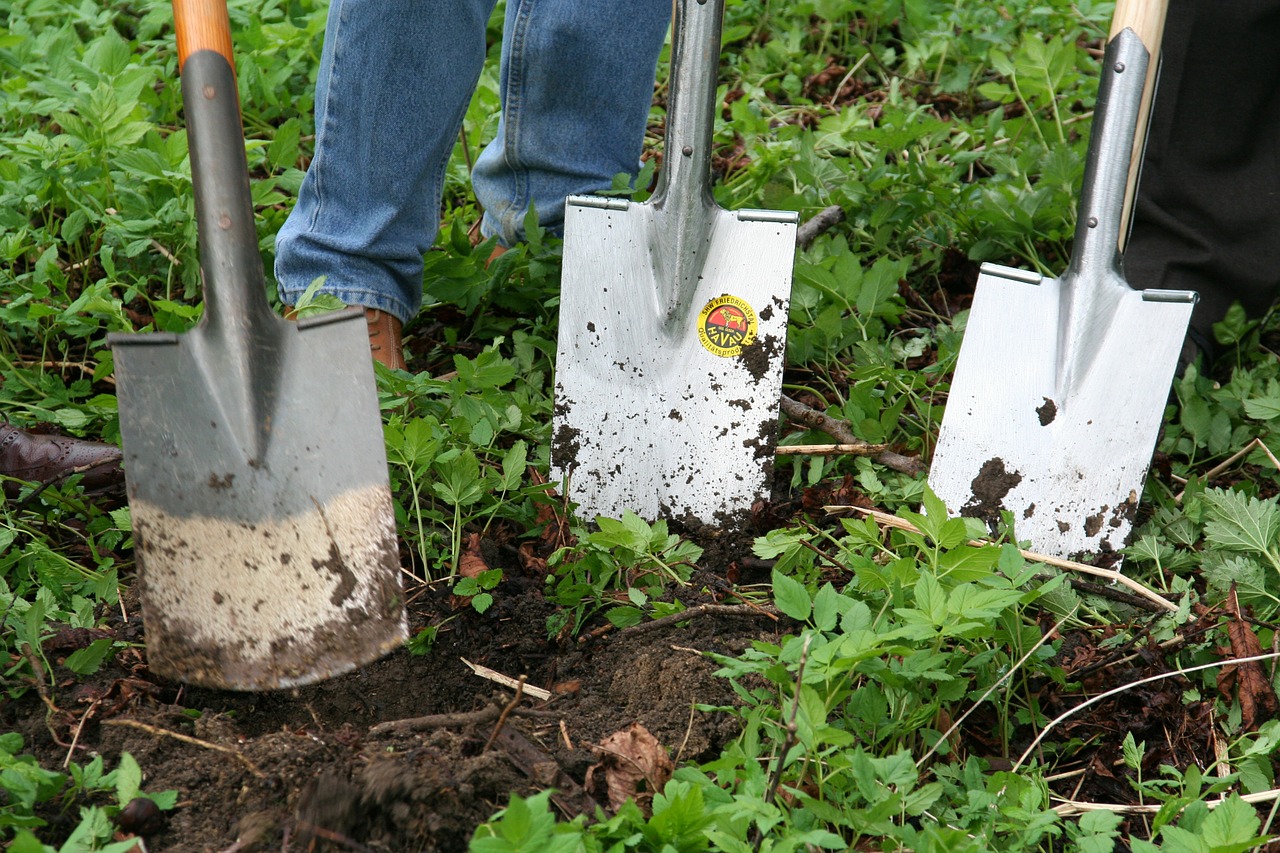
By Steve Totten
The city of Tempe has decided to trade in its khakis and collared shirts for some overalls.
The city recently announced that Rio Salado Golf Course, a par-33 nine-hole public course that has been operated by Illinois-based sports-management group Kemper Sports for the last 19 years, will slowly transform into a community garden.
According to Tempe Public Information Officer Amanda Nelson, Kemper asked to end its contract with the city early. Neither the city nor Kemper commented any further as to why the course closed, but signs point to declining profits.
Arizona Republic reporter Bob Young pointed out that the National Golf Foundation reported that more golf courses have closed than opened for the eighth consecutive year.
Tempe PIO Amanda Nelson did point out that the city has two other municipal courses that are “very successful.” But she did acknowledge the challenges in the golf course industry.
“Golf is in a state of flux right now,” Nelson said.
Perhaps it was this realization that pushed the city to accept a proposal from Ken Singh of Singh Organic Soils, LLC to turn the 63-acre course into a community garden.
Singh is co-owner of Singh Farms
in Scottsdale, which has 20 acres of crops, livestock and food for the public to come enjoy.
Singh said that he made the proposal for simple reasons.
“There’s not much to say,” Singh said over the phone as he was observing the former golf course. “We outgrew our farm, and we wanted to bring life back to the land.”
The city of Tempe held an open house at Singh Farms on May 3 so that Tempe residents — especially those who live near the land – could “touch, feel, see and smell what this would be like,” said Nelson.
Nelson said the city hopes to get the project started around the beginning of 2015. The city has also recruited the help of Engineering Projects in Community Service
(EPICS), a social entrepreneurship program that’s part of ASU’s Ira A. Fulton School of Engineering.
Originally founded in Purdue in 1995, EPICS takes an educational focus around sustainable solutions, and students can participate through service learning courses that can continue well after they graduate.
According to ASU’s EPICS director, Dr. Scott Shrake, the projects that EPICS does come exclusively from the students. Because of that, Shrake said he still isn’t completely sure how EPICS will contribute to the community garden.
“There’s no real timeline. Everything’s still in development,” Shrake said. “I’ve had a few ideas, but I like to see the students come up with ideas.”
Shrake did explain that the EPICS team, which will have around 240 students participating this fall, will probably focus on aquaponics, hydroponics and finding innovative sustainable solutions for growing food in an efficient manner.
Nelson could not really say what the former golf course will specifically become either.
“Tempe has had a few community gardens, but nothing to this scale,” Nelson said. “It’s pretty conceptual right now.”
Nelson said that possibilities will include some community garden space, with a large part of the land being used as an urban farm, as well as a farmers market, plant nursery and educational components.
Whatever the outcome, both Nelson and Shrake said that the main priority is sustainability. Shrake said he wants a “sustainability partnership,” while Nelson said that sustainability is a “big priority” for Tempe.
If everything goes as planned, this could be a new kind of hole-in-one for the land.
Original news article courtesy of AZ Central, azcentral.com






